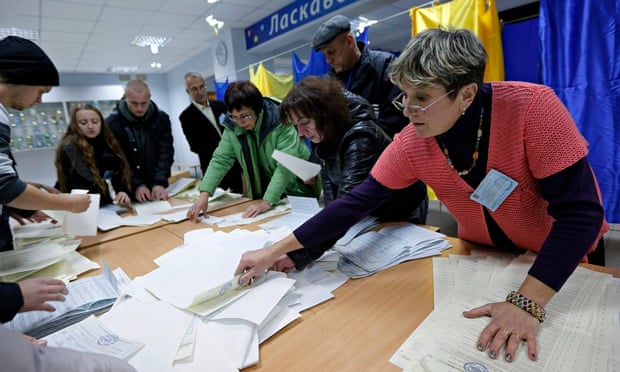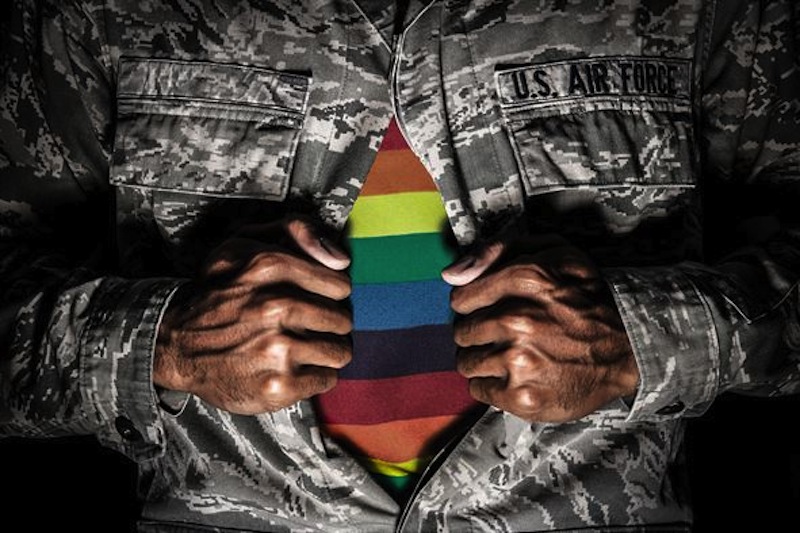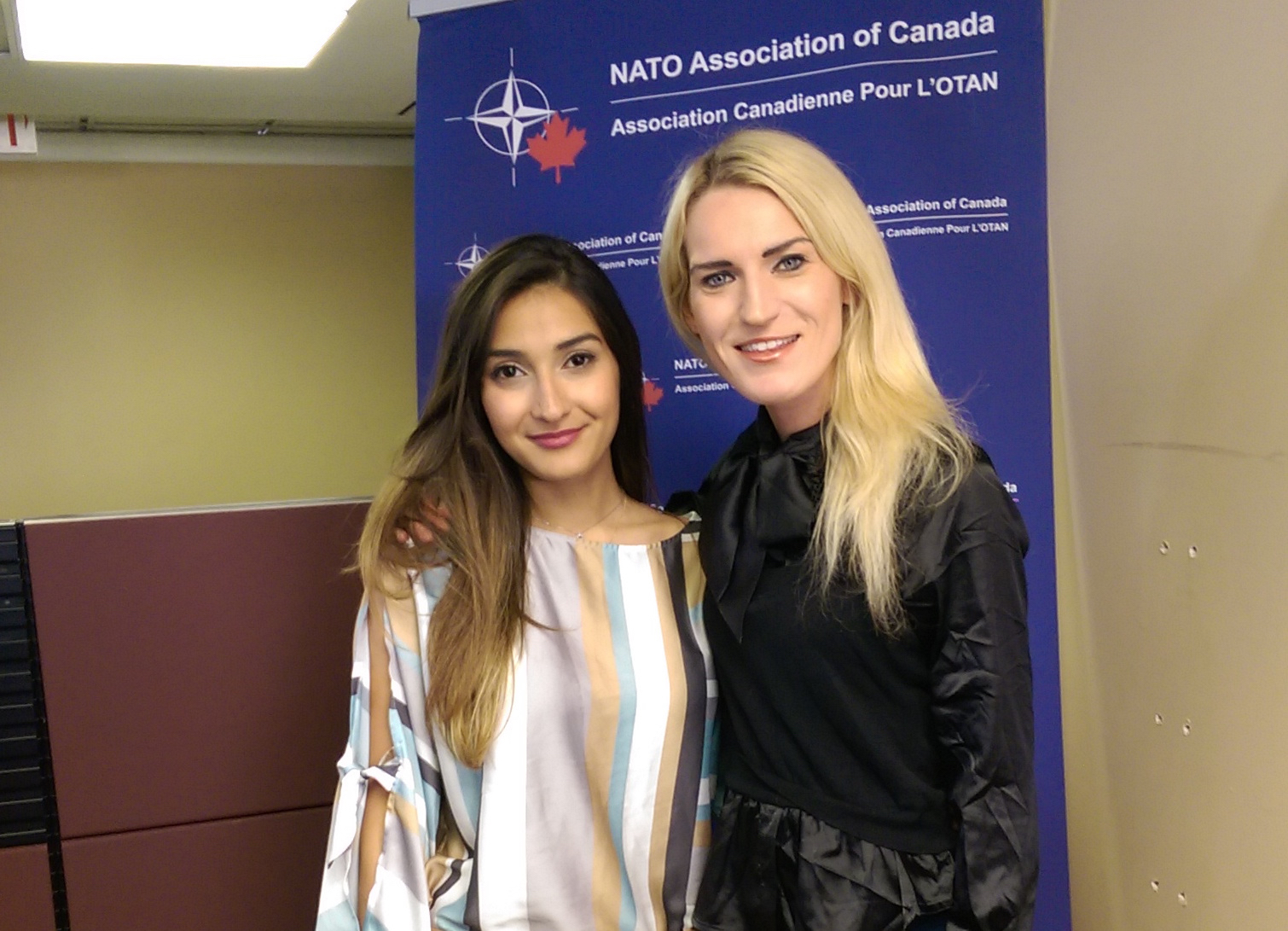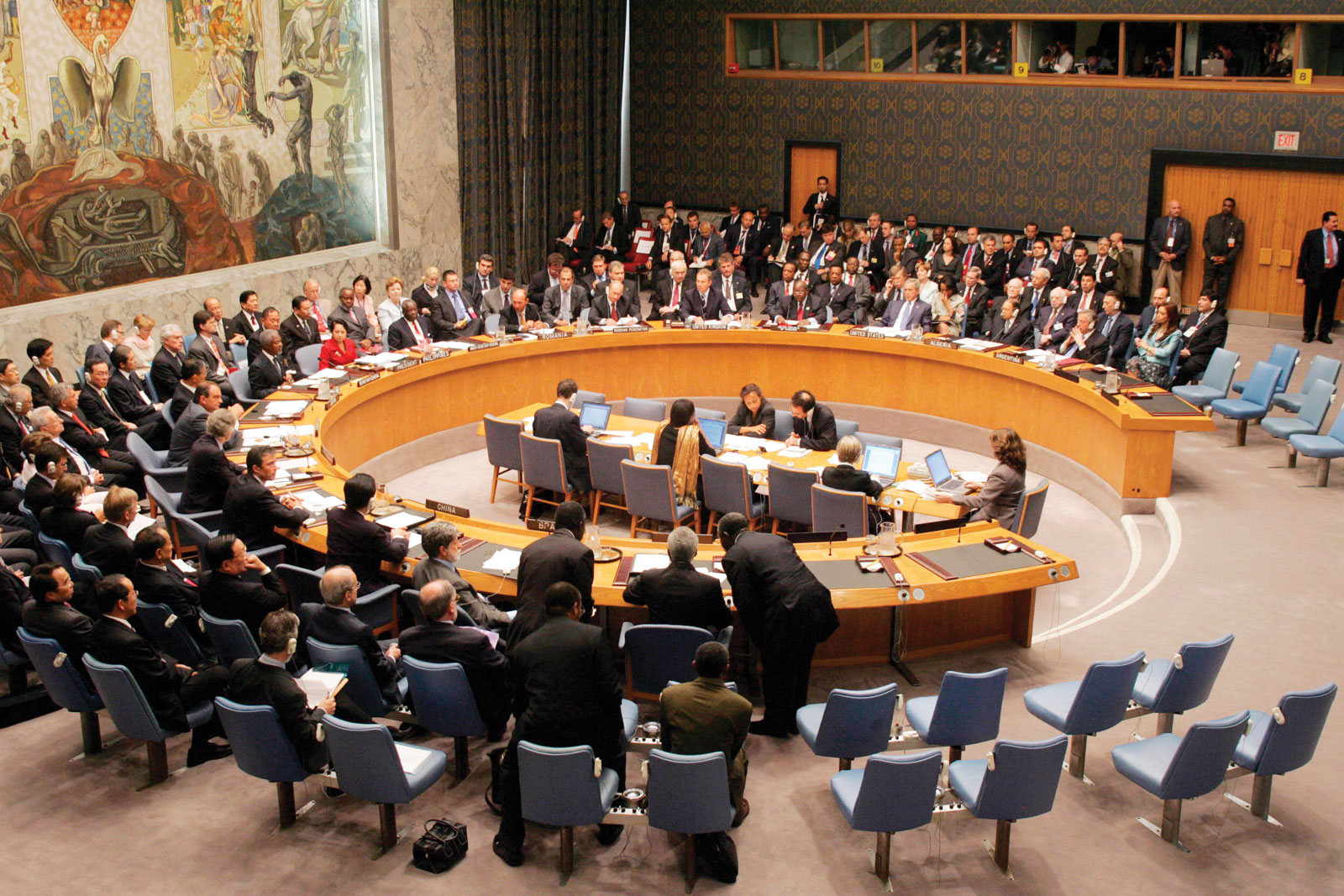 Without any mainstream international election monitors, elections took place in the self-declared People’s Republics of Donetsk and Lugansk on Sunday November 2, 2014. Both regions, which have broken away from Ukraine, are part of what Russia has called Novorossiya, or New Russia. Considering that the separatist elections undermine the September 5 ceasefire reached in Minsk, and that a ballot can only be held in line with Ukrainian Law, Western governments have rejected the legitimacy of the separatist poll.
Without any mainstream international election monitors, elections took place in the self-declared People’s Republics of Donetsk and Lugansk on Sunday November 2, 2014. Both regions, which have broken away from Ukraine, are part of what Russia has called Novorossiya, or New Russia. Considering that the separatist elections undermine the September 5 ceasefire reached in Minsk, and that a ballot can only be held in line with Ukrainian Law, Western governments have rejected the legitimacy of the separatist poll.
Following the elections, Ukrainian president Poroshenko has threatened to repeal a law within the Minsk process that has allowed the break away regions to benefit from temporary self-administration. Poroshenko has called the separatist leaders “criminals who have crowned themselves.”
These events took place during a weekend that also saw mass movements of what appear to be Russian troops moving into Donetsk. Unmarked military convoys have reportedly been seen coming from the territory of the Russian Federation, carrying anti-aircraft weapons and heavy artillery.
Although continuous fighting has taken place in Donetsk since the application of the Minsk protocol, these recent events only prove the fragility of the Minsk ceasefire.
On October 26 Poroshenko was re-elected as the Ukrainian President. He later gave his support to Arseniy Yatsenyuk of the People’s Front party for Prime Minister in the efforts to build a governing coalition. The partnership between the two men will be crucial in setting a course for European integration. Following this path, Ukraine hopes to benefit from an International Monetary Fund stand-by program of US $17 Billion.
With a pro-Europe government in Kiev backed by Western countries, and with the illegitimate separatist elections in the East backed by Russia, there is little hope for de-escalation as unmarked convoys make their way into the self-proclaimed People’s Republics. As Anne Applebaum mentioned during the October Cundill Prize Lecture in Montreal, there is little chance Putin will allow a pro-European government in Kiev.




